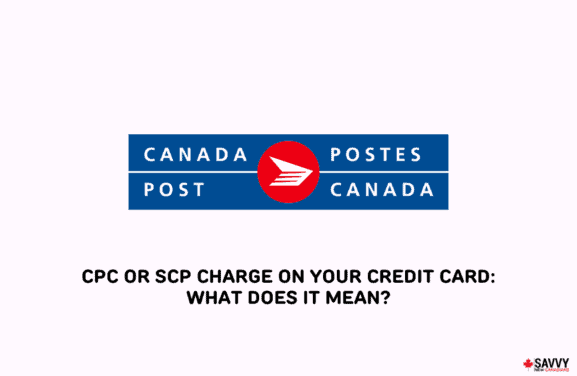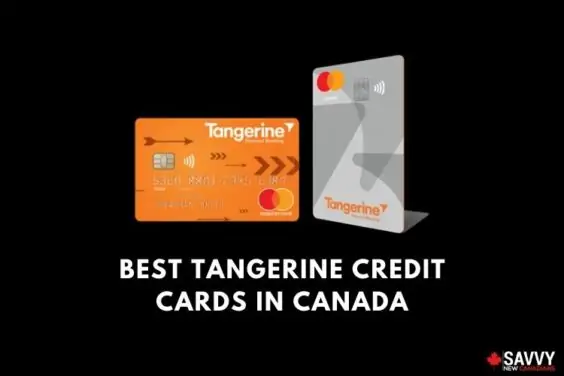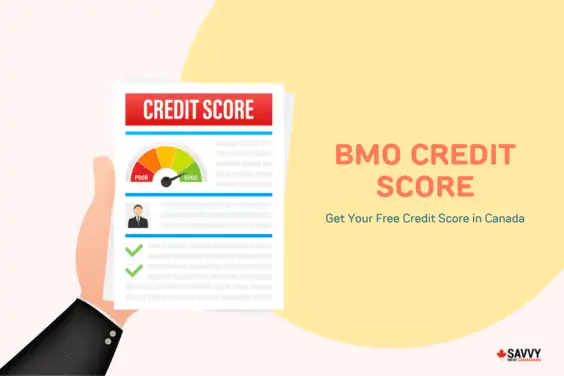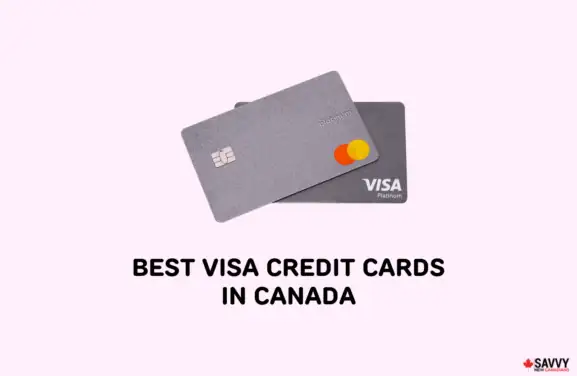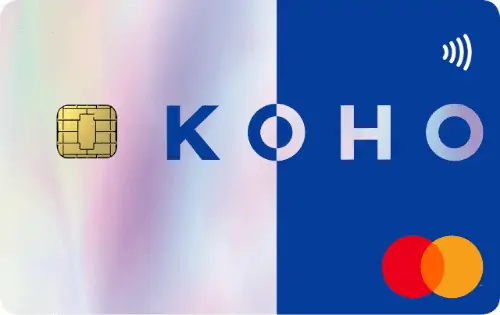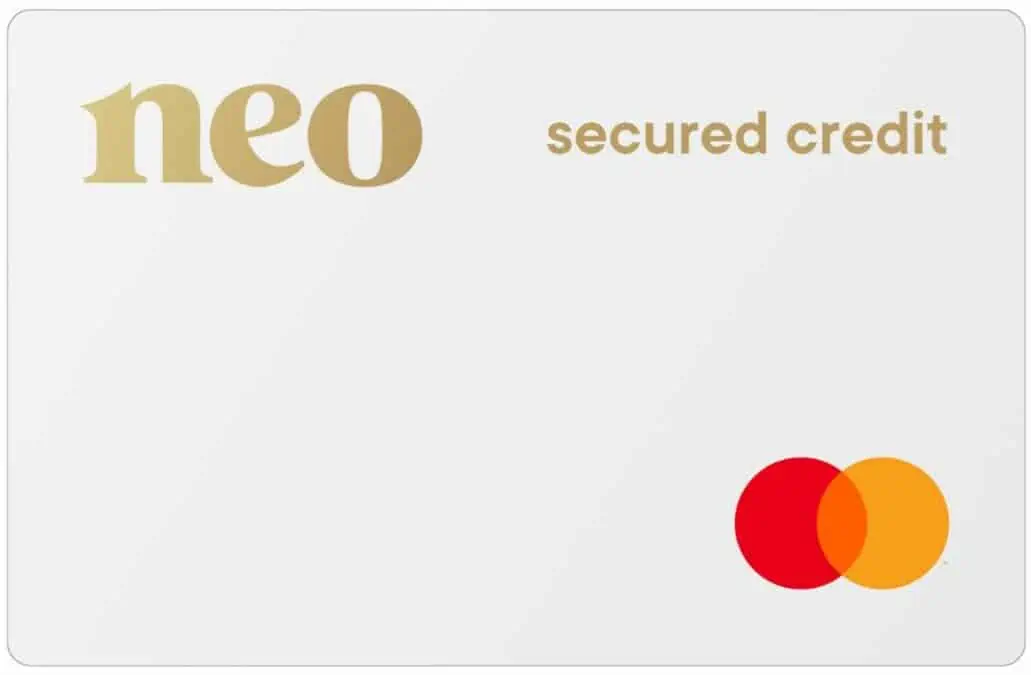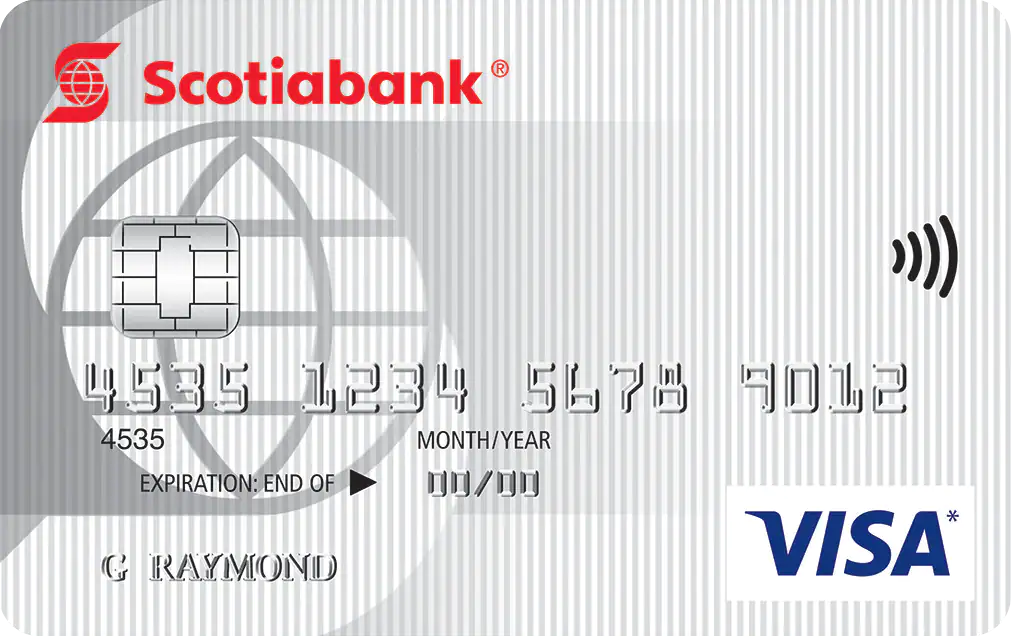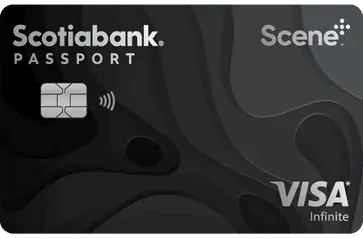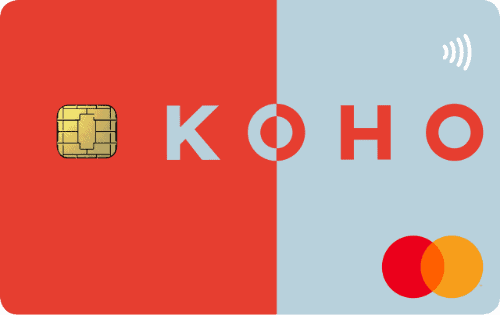A credit card can be a convenient way to make purchases. As well as getting access to credit when you need it, you can also build your credit score and earn excellent rewards.
But you should always be responsible with your credit card use and use it wisely to maximize the benefits your credit card provides.
Here’s what you need to know about using a credit card responsibly.
How to Use a Credit Card for the First Time
Choosing and applying for your first credit card is a fairly easy process, but there are a few key things to remember.
Choosing a Credit Card
There are so many credit cards in Canada to choose from, so think carefully about what you need when choosing a credit card.
For example, consider the rewards and benefits, interest rate, annual fees, and credit limit. If you have a low credit score, secured credit cards may be an option.
Applying for a Credit Card
When you find a credit card you like, find out about the application requirements. For example, some cards have minimum income requirements.
Also, you will usually need a good credit score of 660 or over when you apply for a credit card.
Applying online is the easiest option, but you may be able to apply over the phone or in person at your local bank branch. You must provide a form of ID and personal information like your name, address, and income.
Using Your Credit Card
The bank will send your card to your address, and you can then start using it. You will normally need to activate it, and then you can use it to shop in stores or purchase online.
Keep an eye on your spending, and check your monthly statement when it arrives so you know the minimum payment, total balance, and payment date.
Credit Card Tips You Need to Know
Read on for a few general tips to get the most out of using a credit card in Canada.
1. Pay Off Your Balance in Full
Always try to pay off your balance in full each month. This way, you can avoid paying interest on your purchases because of the grace period. If you don’t pay off the balance in full, you’ll start paying interest from the purchase date.
2. Never Miss a Payment
Even if you don’t pay off your balance in full, always make the minimum payment on time. Otherwise, you could face late payment fees, and it could also hurt your credit score.
3. Always Check Your Statements
Keep a close eye on your statements and check the transactions each month to ensure everything is correct. Make a note of the payment date when you receive your statement.
4. Pay Regular Bills
You could use your credit card to set up regular bill payments. Charge your recurring expenses like utility bills to your credit card and then pay off the balance at the end of the month. This saves you from having to make lots of separate payments.
5. Don’t Overspend
When it comes to how to use credit responsibly, always avoid overspending and only use your credit card for what you need.
If you overspend, you can get into debt, and credit card debt is expensive because interest rates are usually high.
6. Use Balance Alerts
You may be able to set up balance alerts to keep a close eye on what you’re spending, which can help you to avoid spending too much.
7. Monitor Your Credit Score
Keep a close eye on your credit score and get into the habit of checking it every month. You can use a free service like Borrowell to do this.
Knowing your score can help you prepare if you want to apply for other forms of credit like a mortgage.
8. Maximize Available Rewards
If you get reward points for shopping at certain stores or purchasing in specific categories like groceries or gas, choose where you shop carefully. By shopping at the right places, you can maximize your rewards without spending any extra.
9. Don’t Pay More for a Card You Don’t Need
A premium credit card may tempt you but may come with a high annual fee. Do you really need it?
Sometimes it can be an excellent choice, especially if you make full use of the rewards and perks. If not, you might want a no-fee credit card instead.
How to Use a Credit Card for the Maximum Benefit
Using a credit card isn’t just convenient; it can also help you to earn rewards and benefits. Here are a few ways to maximize the benefits available.
Earn Rewards
Choose a credit card that allows you to earn rewards points where you normally shop. For example, if you mainly spend on groceries, some credit cards allow you to earn points for grocery purchases.
There are many reward schemes, including travel rewards where you can earn air miles. Remember your rewards whenever you make a purchase, and you can benefit from your daily spending.
Earn Cash Back
Choose a cash back credit card if you prefer earning cash rewards for your purchases.
There are many of these available, and some allow you to earn more cash back for purchases in specific categories like transport or in partner stores.
By spending on your card in the right places, you can earn more cash back for every purchase you make.
Enjoy Insurance Benefits
Many credit cards in Canada include insurance benefits, especially premium credit cards. These include travel insurance, mobile device insurance, rental car insurance, and more.
Check the benefits available when choosing your credit card and make full use of them.
Choose a Lower Interest Rate
If you don’t think you will pay off your balance in full, choose a low-interest credit card.
While most credit cards have interest rates of around 20%, some have far lower rates, reducing the amount you spend on interest payments.
Transfer a Balance
If you have a balance that is costing you a lot of money in interest payments, you might want to apply for a balance transfer credit card.
These allow you to transfer your balance without paying any interest or a very low rate for a specific amount of time.
How to Properly Use a Credit Card to Build Credit
Using a credit card wisely can help you to build your credit. Here are some of the key things to keep in mind.
Stay Below Your Credit Limit
You will be given a credit limit when you receive your credit card. Always stay below this and avoid going over it, which could lead to over-limit fees.
Reduce Your Credit Utilization Ratio
The credit utilization ratio is the amount of your total credit available (including credit cards, personal loans, etc.) that you use, and it can affect your credit score.
If you have a total credit limit of $10,000 and use $2,000 of it, your credit utilization ratio is 20%. Ideally, you should keep the ratio to 30% or below.
Make Payments On Time Each Month
Missing a payment can lead to late payment fees. However, it could also hurt your credit score in some cases, especially if you miss payments regularly. Always make your payments on time to avoid any potential problems.
Use Your Card Regularly
Get into the habit of using your card regularly, even if you only make a few monthly purchases. Using your credit card and paying it off on time can help improve your credit score.
Monitor Your Transactions
Keep a close eye on your transactions to understand how much you are spending and how much of your available credit you use.
This can also help you to spot any potentially fraudulent transactions so you can take swift action and prevent unauthorized spending.
Keep Old Credit Cards
It may help your credit record to keep older credit cards open, even if you don’t use them, because closing a credit card can increase your utilization ratio.
Of course, if you are paying an annual fee for a card you don’t use, you may still want to close it.
FAQs
Always keep your PIN code private, avoid using it to make purchases on suspicious websites, and never let your card out of your sight when you make a purchase.
Tapping is considered a more secure way to make a payment using your credit card.
While there is no set number of times you can use a contactless card in a day, there is a $250 limit per transaction.
If you do not use credit responsibly, you could find yourself getting into debt that you cannot afford, and it can also have a negative impact on your credit score.
Related:
